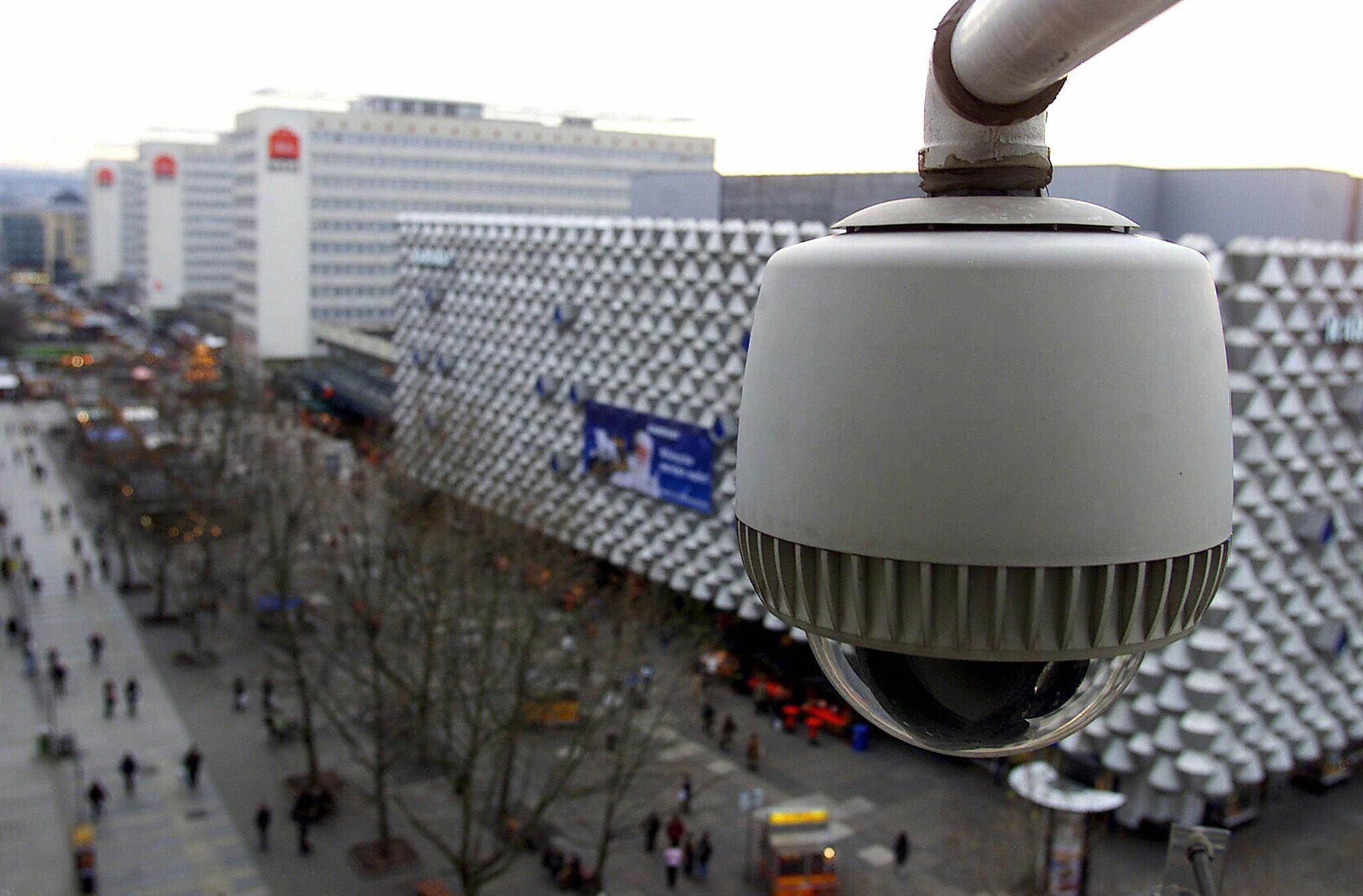Crime is Slate’s crime blog. Like us on Facebook, and follow us on Twitter @slatecrime.
I’ve wanted to write about traffic cameras for a while, because I hate them. I’m talking about the cameras set up at strategic roadways and intersections, the ones that photograph your license plate and send you a ticket if you run a red light, exceed the speed limit, or commit other minor traffic violations. Their defenders say that traffic cameras help reduce accidents. Maybe. But I firmly believe that these cameras exist primarily to raise revenue for states and municipalities, which deploy them as a means to issue as many tickets as possible.
Some new support for this contention comes out of Florida, where an investigation conducted by a Tampa Bay TV station found that the state has shortened the length of yellow lights by anywhere from a few tenths to a full second, most likely to increase ticket revenue. Here’s 10 News reporter Noah Pransky:
The 10 News Investigators discovered the Florida Department of Transportation (FDOT) quietly changed the state’s policy on yellow intervals in 2011, reducing the minimum below federal recommendations. The rule change was followed by engineers, both from FDOT and local municipalities, collaborating to shorten the length of yellow lights at key intersections, specifically those with red light cameras.
Pransky and 10 News found that tickets issued by Florida’s red light cameras brought in more than $100 million in 2012 and are expected to bring in $120 million this year. The state of Florida takes more than half of that sum. (The rest goes to cities, counties, and the camera manufacturers.)
Shortening the interval between green and red clearly increases ticket revenue. As Pransky reports, “a half-second reduction in the interval can double the number of RLC citations.” The 10 News story cites one particular intersection that “was improperly timed. The yellow light was just 3.0 seconds instead of 4.3 seconds. When the problem was addressed last fall, citations plummeted by 90 percent. But no notices, or refunds, went out to ticketed drivers.”
Though that particular intersection was fixed, that seems to be the exception in Florida rather than the rule. Short yellow lights put drivers at a greater risk of accidents, making them more likely to accelerate impulsively or slam on the brakes. As Pransky reported, “there are few tangible safety benefits to short yellow lights. In fact, they appear to have the opposite effects; according to the USDOT and FHA, short yellow lights raise crash rates.” This becomes even more of a problem when you consider that Florida is full of elderly drivers with slower reaction times.
Florida isn’t the only state whose cameras have been in the news. In Chicago, a recent inspector general’s report challenged the city’s claim that its 384 red light cameras are there for safety reasons. According to a Chicago Tribune article, the inspector general found that “the city cannot provide documents to prove that the cameras went up at intersections with the most side-impact crashes. He also questioned why cameras remain at intersections with no recent history of such crashes.” In response to the Tribune, a Chicago Department of Transportation spokesman said the agency would “review the red light camera installation and removal criteria and determine what, if any, modifications should be made.” I imagine they won’t be in a big hurry, though: The cameras bring in more than $70 million in revenue per year.
I’m not the only one who hates traffic cameras. As the Washington Post’s Gene Weingarten wrote in 2011, “I dislike speed cameras to the extent that, were it not for the likelihood of incarceration, I would hunt them all down like snakes and behead them with shovels.” Traffic cameras engender so much resentment because they violate the spirit of civic compromise that governs most of our daily interactions with real live police officers. Most cops aren’t going to ticket you if you go a few miles over the speed limit, or if you run through an intersection just as yellow changes to red, because most real cops have better things to do than to sit around being nitpicking jerks. The conscious decision to overlook small infractions—to let the small stuff pass and focus on the big stuff—is a necessary lubricant that helps our society function smoothly.
In the best case, traffic cameras don’t overlook anything. What’s happening in Florida is the worst case: bureaucrats apparently using cameras as weapons against people who haven’t done anything wrong. I still hate traffic cameras. And now I really hate Florida.
